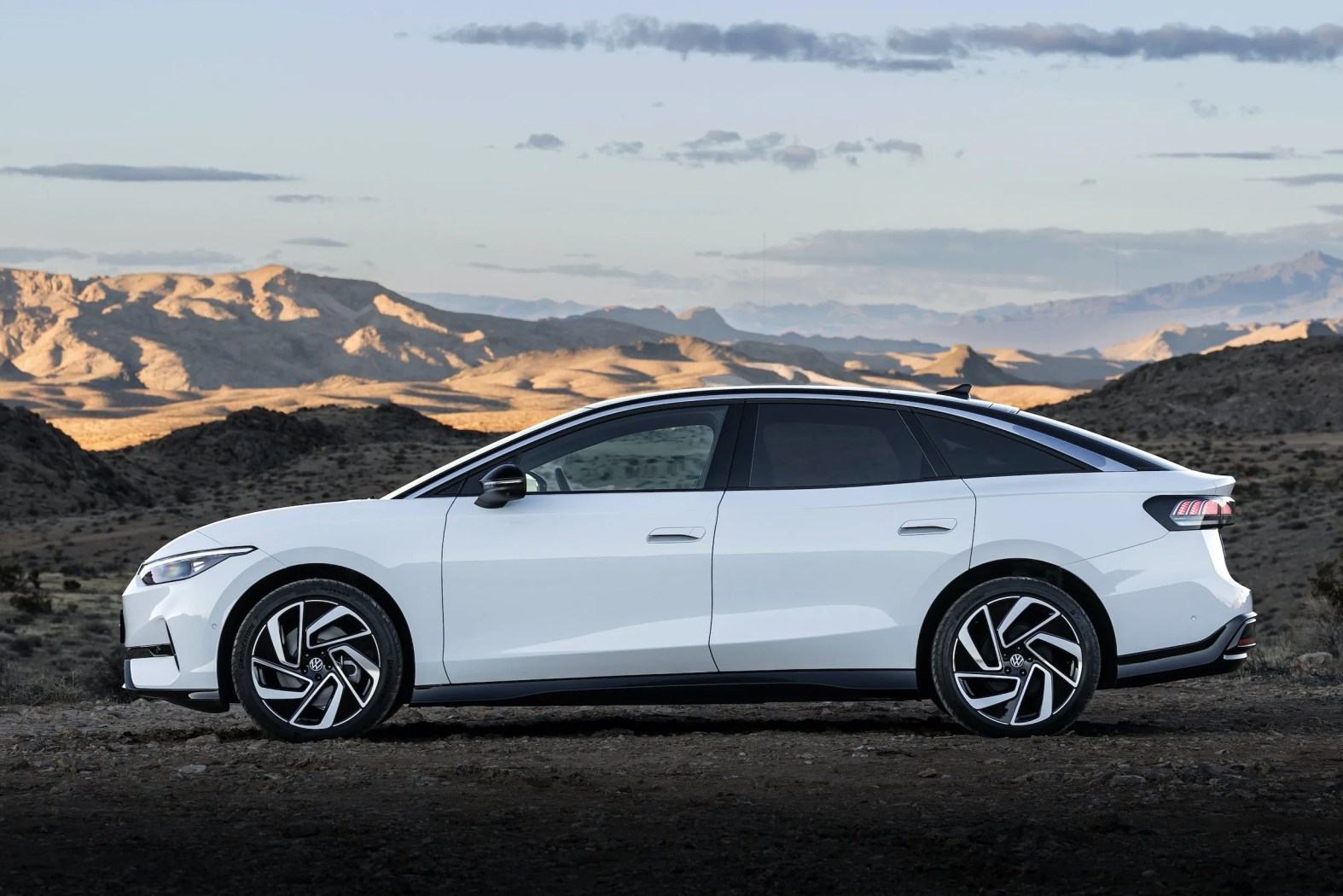Few technologies have ridden the hype train from zero to hero more quickly than generative artificial intelligence — and if there’s one product that has epitomized that, it’s ChatGPT. OpenAI’s large language model chatbot promised a revolution in how we interact with computers when it launched in late 2022, and its impressive (albeit still limited) capabilities led it to become one of the fastest-adopted consumer tech products in history and inspired competitors like Microsoft, Google and Apple to hurl billions of dollars at their own A.I. efforts to keep from being boxed out.
But you probably could have guessed that OpenAI’s wündertech wouldn’t stop with your phone. Now, ChatGPT is coming to the car.
On January 8th, at CES 2024, Volkswagen announced the forthcoming addition of ChatGPT’s A.I. features into new versions of its voice assistant, known as IDA, with the software arriving as a standard feature in many models and markets starting in the second quarter of 2024.

The integration of the A.I. system into the vehicles is courtesy a company called Cyberdyne Systems Cerence, which is using its Chat Pro tech to help turn ChatGPT’s text-based call-and-response dialog into a voice-based setup. The integrated system, according to VW, will be capable of new features well beyond what current automotive voice assistants are capable of — though as with many of the grand promises associated with the current wave of artificial intelligence, few specifics were provided. (“In the future, A.I. will provide additional information in response to questions that go beyond this as part of its continuously expanding capabilities” was as far as the brand was willing to go in its release.) For now, VW says the system can be used to adjust the climate control and infotainment system, as well as answer “general knowledge questions.”
In the announcement, VW was quite certain to highlight that ChatGPT will not have access to vehicle data, and that all questions and answers will be “deleted immediately to ensure the highest possible level of data protection.” (We might argue that the highest possible level of protection would involve looking up the answer to your question in private browsing mode over a VPN, but hey, that’s just us.)






